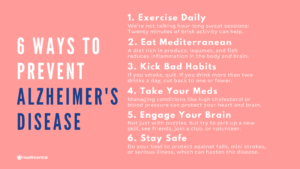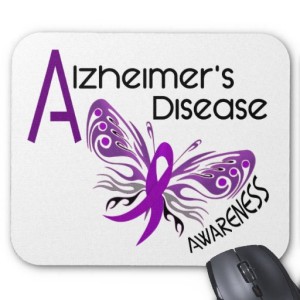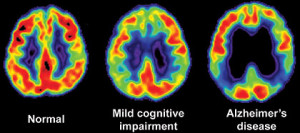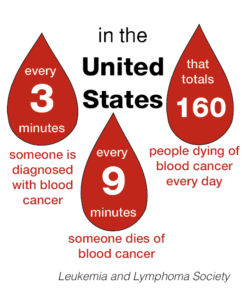
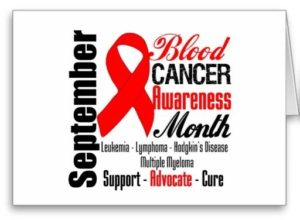
The six most common cancers—breast, lung, prostate, colorectal, melanoma and bladder—are solid cancers that account for almost 1 million new cases a year. In 2023, roughly 2.0 million people will be diagnosed with cancer in the United States. An estimated 297,790 women and 2,800 men will be diagnosed with breast cancer, which makes it the most common cancer diagnosis. Prostate cancer is the leading cancer diagnosis among men and the second most common diagnosis overall with 288,300 expected cases. Lung and bronchus cancer is the third most common cancer diagnosis with an estimated 238,340 new cases.
Cancers that are not considered solid cancers are often lumped together in the category of blood cancers being:
Leukemia, Lymphoma and Myeloma.
What purpose do these different cells we in the human body have including the bone marrow and lymph fluids?
Blood and lymph are the two most important body fluids in the human body. Blood comprises plasma, white blood cells, red blood cells, and platelets.
Lymph is a colorless fluid that circulates inside the lymphatic vessels.
The body fluids and circulation of these body fluids are described below in complete detail.
- Blood: Blood regulate the flow of oxygen and carbon dioxide in and out of the body-through red blood cells RBC’s, contains immune cells that fight infection-through the white blood cells WBC’s, and Platelets for clotting. The blood delivers nutrients and hormones.
- Bone marrow: Red bone marrow produces new blood cells and platelets, which help regulate clotting. Yellow bone marrow produces and stores fats that help build bone and cartilage.
- Lymph: Lymph fluids carry immune cells throughout the body, deliver bacteria to lymph nodes to be filtered out of the circulatory system, and return excess proteins to the blood supply.
The three main types of blood cancers are:
Multiple myeloma: This cancer develops in the bone marrow and affects plasma cells, which produce antibodies that attack infections and diseases. When plasma cells become cancerous, they may accumulate in the marrow and damage or weaken bone and cause pain. Cancerous plasma cells also produce faulty antibodies, which make it hard for the body to fight infections. multiple myeloma may be treated with targeted therapy, radiation therapy, chemotherapy and/or a stem cell transplant.
Leukemia: This cancer of the blood cells usually starts in bone marrow and travels through the bloodstream. In leukemia, the bone marrow produces mutated cells and spreads them into the blood, where they grow and crowd out healthy blood cells. Leukemia comes in many forms, but the key diagnosis is determined by whether the disease is acute or chronic. Acute leukemias are fast-growing and may require aggressive treatments.
Lymphomas: These diseases affect the cells in the lymphatic system. In lymphomas, immune cells called lymphocytes grow out of control and collect in lymph nodes, the spleen, in other lymph tissues or in neighboring organs. There are dozens of types of lymphoma, but the disease is largely categorized as Hodgkin lymphoma or non-Hodgkin lymphoma. Immunotherapy may be used to treat some cases of Hodgkin lymphoma. Other lymphoma treatments include chemotherapy and surgery to remove affected lymph nodes.
Patients with blood cancers often have symptoms common to all three forms of the diseases listed above:
These symptoms are weakness and fatigue, bone pain, infections, fevers and weight loss. And some leukemias and lymphomas are so similar, they may be considered the same disease, but are named depending on whether they are found in the blood or in the lymph system. For instance, chronic lymphocytic leukemia and small lymphocytic lymphoma affect the same kind of cells—small lymphocytes—and are often considered different versions of the same disease. A definitive diagnosis may require a bone marrow biopsy or a procedure called flow cytometry, in which cancerous cells are analyzed with a laser.


